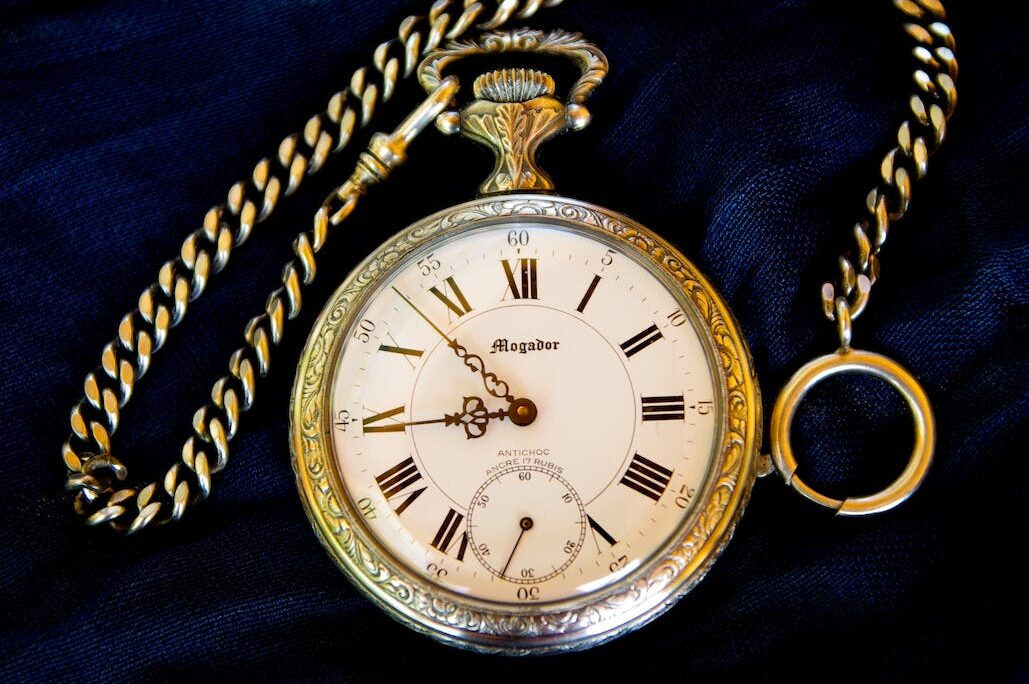When it comes to estate planning, many people tend to focus on creating a will or establishing trusts to distribute their financial assets and real estate. While these are crucial components of a comprehensive estate plan, it’s equally important to consider the distribution of personal property items. Personal property may include cherished possessions such as jewelry, artwork, family heirlooms, collectibles, and other sentimental items. Because these items can be of significant emotional value or even monetary value, planning for their distribution should be an integral part of your estate plan.
Preserving Emotional Value
While you may have plenty of personal property you consider to be of little financial value or interest to your loved ones, you likely have some personal property that holds significant sentimental value. These items may carry memories, stories, and emotional attachments that are irreplaceable. By including personal property planning in your estate plan, you can ensure that these possessions are distributed according to your wishes, preserving their emotional significance for future generations. Without a specific plan in place, disputes and misunderstandings among family members can arise, potentially leading to strained relationships and bitter conflicts.
Avoiding Family Disputes
One of the main benefits of personal property planning is the ability to prevent family conflicts over sentimental possessions. Without clear instructions, disagreements can arise among beneficiaries, causing tension and even legal battles. By clearly stating your intentions in your estate plan, you can provide guidance to your loved ones and minimize the chances of disputes occurring. This proactive approach fosters family harmony during an already challenging time, allowing your heirs to remember you with fondness rather than bitterness.
Fair and Equitable Distribution
Another important aspect of personal property planning is ensuring fair and equitable distribution among your beneficiaries. While financial assets and real estate can be divided using objective measures, personal property often carries subjective value. Does daughter Debby want that lamp from Mom’s house because it is financially valuable or because she remembers it setting next to Mom’s chair where Mom read books to her every night before bed? By detailing your preferences and designating specific items to certain individuals, you can hold off potential conflicts and ensure that your belongings are distributed in a manner that aligns with your wishes. This proactive step eliminates uncertainty and reduces the likelihood of resentment among family members.
Identifying Valuable Items
Personal property planning also allows you to identify items of significant value within your estate. You may possess artwork, jewelry, antiques, or collectibles that have appreciated over time. You might know their financial value, but perhaps your loved ones are unaware. You may need to point out those items that carry significant value that others might not see. By working with professionals such as appraisers, estate planning attorneys, or financial advisors, you can accurately determine the value of these items and incorporate them into your overall estate plan. This knowledge ensures that these valuable possessions are properly accounted for and appropriately distributed, preventing them from being overlooked or undervalued.
Flexibility and Adaptability
Your personal property planning can be as detailed or as general as you desire. Whether you choose to create a comprehensive inventory of all your possessions or provide broad instructions for their distribution, the flexibility of personal property planning allows you to adapt your plan as your circumstances change. Regularly reviewing and updating your estate plan ensures that it remains reflective of your wishes and accounts for any newly acquired items or changes in family dynamics.
Plan Ahead
When it comes to estate planning, addressing the distribution of personal property is crucial for preserving sentimental value, preventing family disputes, ensuring fair distribution, and identifying valuable items. By incorporating personal property planning into your estate plan, you can provide clarity, peace of mind, and a smooth transition for your loved ones. Schedule a meeting with us and let us help you navigate the intricacies of personal property planning and create a comprehensive plan that encompasses all aspects of your estate. Start the process today to protect your cherished possessions and secure your legacy for generations to come.
